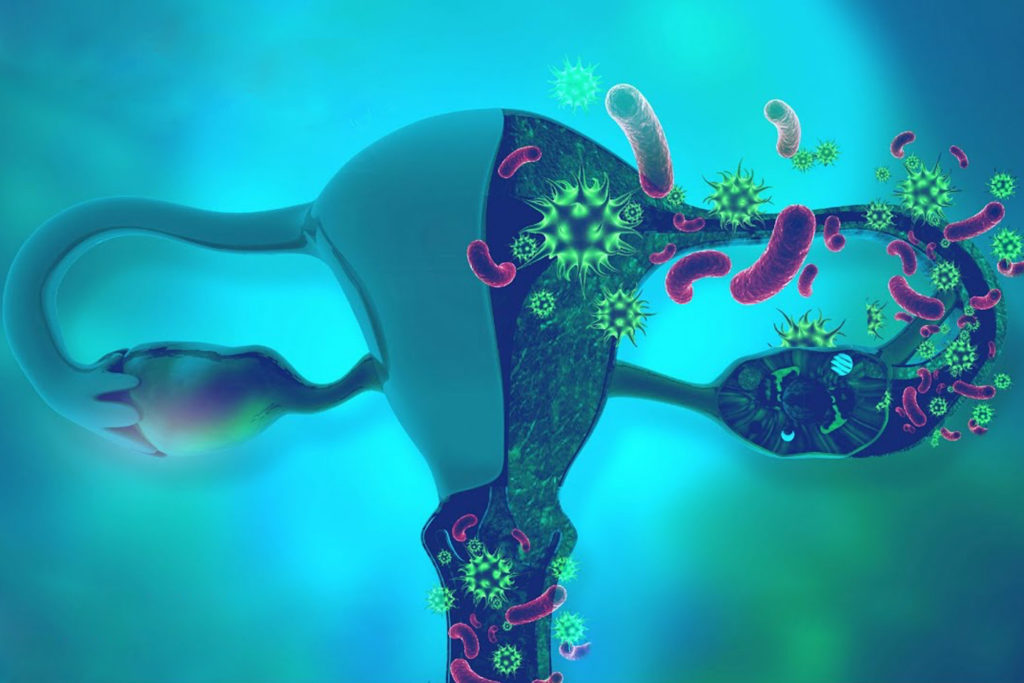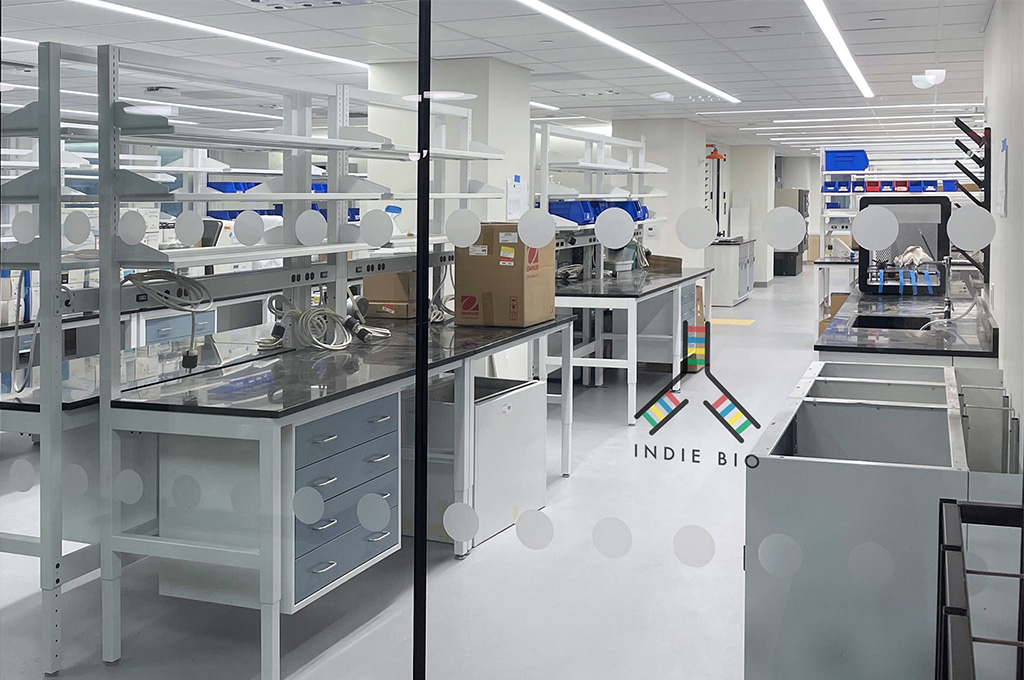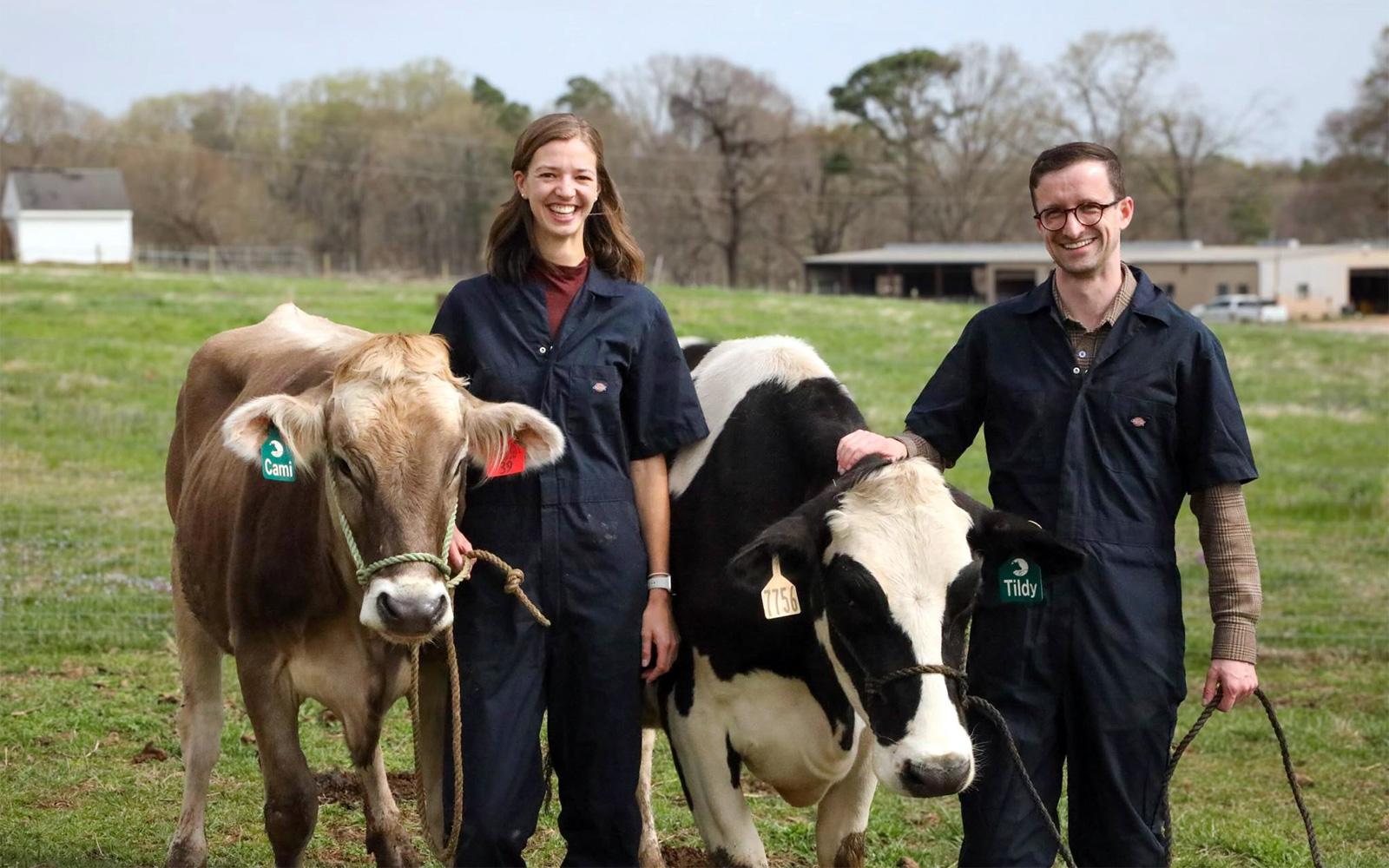
Through the development of a simple swab-based test combined with personalized nutraceutical solutions, Microgenesis is helping women facing fertility challenges forge a path to pregnancy and motherhood. Building off their impressive initial patient results in Latin America and Spain, the team just landed (literally!) in the US to begin offering their infertility solution to the American market. I wanted to dig a little deeper into Microgenesis’ offerings, upcoming clinical trials, and their future plans. Here are excerpts from my conversation with co-founder and CEO/CSO, Dr. Gabriela Gutierrez.
Pae Wu: Gaby, your team really caught our attention with your impressive clinical data from Argentina that predated IndieBio. Out of 287 women that had previously failed at least 4 IVF procedures, 75% of them got pregnant within 6 months!
Tell us, what are you most proud of accomplishing during this pandemic edition of IndieBio?
Gabriela Gutiérrez: During IndieBio we studied 15 alpha testers that are at the beginning of their fertility journey and 14 of them are already pregnant!
PW: What motivates you to tackle such a tough challenge?
GG: Yes, we have worked with the hardest cases of infertility. I have spent 15 years helping women that already failed IVF treatments. Women that are desperate and looking for a test that can help them to understand the real problem and how to fix it. We intend to replace the painful classic fertility journey of women by focusing on women’s health.
PW: But you’re not solely working with women who are undergoing IVF, is that right?
GG: Because we can anticipate the real problem using our test we can treat the patients before they start IVF. We also work with women who are just starting their fertility journey and couples.
PW: What’s the customer journey like? Is this a one-size-fits-all solution?
GG: We send the woman a non-invasive test and we guide her through nutraceutical recommendations that improve her fertility potential while preventing inflammatory diseases.
Our test is able to identify 64 different infertile biome phenotypes and we have developed 53 different treatment combinations to provide the right solution for every woman.
PW: There are so many fertility tests on the market today – traditional tests through ob-gyns, and newer direct-to-consumer options. How does Microgenesis’ solution differ?
GG: The traditional test is based on the evaluation of 5 hormone indicators of ovary function. This information is oriented to determine if a woman with low ovarian reserve/function should go for assisted reproduction. Our test brings information about the real problem and it is actionable. Our fundamental insight is that infertility is associated with an intestinal condition which also can affect ovary function.
There is no other test in the market oriented to study intestinal microbiome disbalances affecting fertility. We focus on women’s health, we restore key components to treat inflammation and the reproductive senescence associated, and we get women pregnant during the process.
PW: You’re now in the Bay Area! Welcome to the US – what’s on slate for Microgenesis here?
GG: In the next 3-4 months, we will focus on our Seed round to go to the US market next year.
We have launched our alpha test in the Bay Area with women who are asking about their fertility potential. We will send them the sample kit with a swab and lancet for a blood drop test. They can send us the samples to our CLIA lab in Oakland. They will receive the report by e-mail and we can send them nutraceuticals and customized probiotics for a 90-day treatment based on the results [and] we will work with them through conception and pregnancy. Please refer potential customers to gabriela.gutierrez@microgenesis.net!
We also will repeat our proof-of-concept with 86 infertile couples and 20 fertile couples in a clinical trial at Wayne State University with Professor Gil Mor, the chairman of the Clinical Research Center at Wayne State University and president of the American Society of Reproductive Immunology. I have been a member of this society since the last 15 years.
PW: For your alpha test, you are poised to bring in early users and ship your product — who are you partnering with to make this happen?
GG: Our partner in the CLIA lab is Renegade Bio, our partner in digital marketing is Bullmetrix, our supplier of probiotics is Sacco System, and the supplier of our customized private label nutraceuticals is Equinox.
PW: You talk a lot about a couple’s fertility, not just a woman’s.
GG: We are planning to study male partners during the clinical study at Wayne State. We know that the markers we hunt for in our test can impact fertility potential in women, and they can also be exchanged by fluids. So we want to test the expression of these markers and restore missing key components of the fertility biome in a male partner, too.
We also have a scientific collaboration with a pediatric gastroenterologist that will run our study with autistic and celiac infants. We intend to track the expression of our markers in the family and prevent early onset of diseases associated with microbiome disbalances like autoimmunity.




